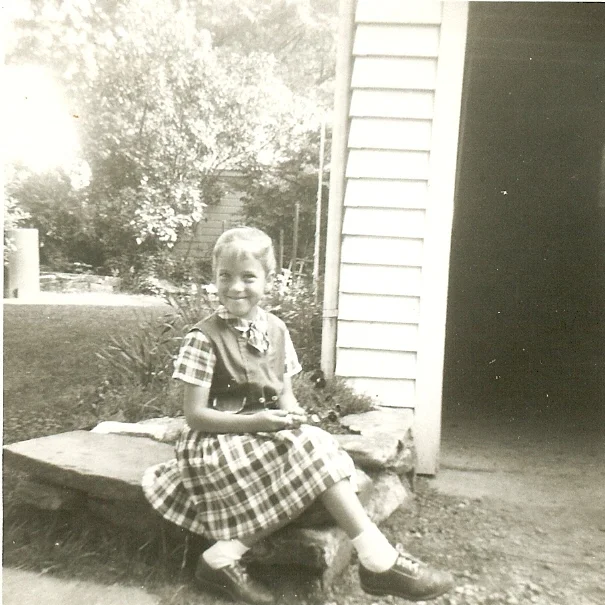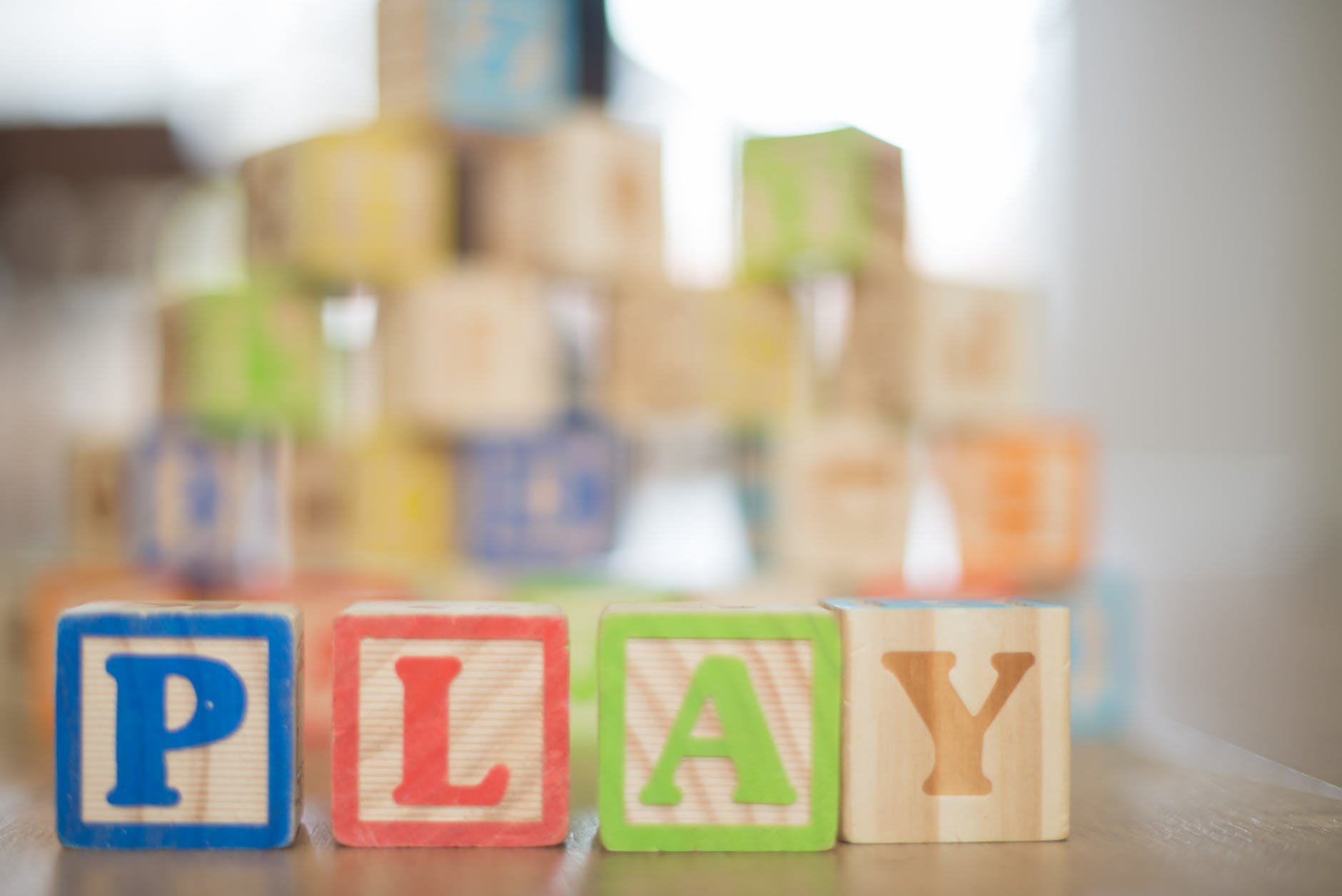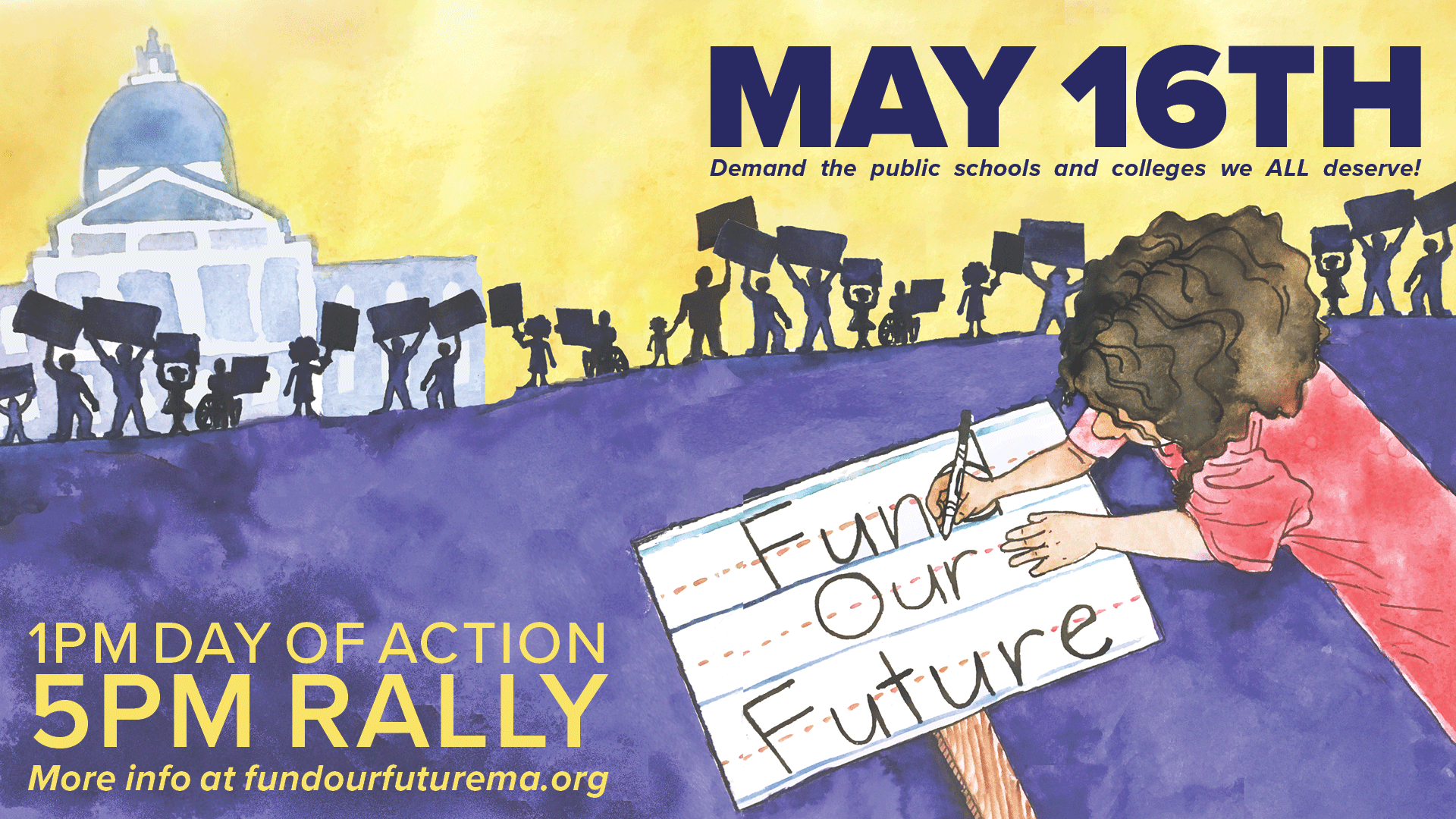Decking the Halls with Memories
This year, dubbed COVID Christmas II, we put up a Christmas tree as an act of hope that in the coming year we will be better able to pick up the pieces of our pre-pandemic life and begin again to find a renewed, but perhaps more cautious, sense of “normal”.
I enjoy the beauty of Christmas lights on greens, and as it does for many, decorating the tree brings on memories of past Christmases. I am among the fortunate for whom those memories are pleasant and plentiful.
I thought this year about my Dad, who seemed to be at the center of tree-decorating when I was a child. My family’s tree, always a real one, was a short-needled beauty, sometimes oddly shaped, but that was of no concern. We could always face the mis-shaped side to the wall where no one would notice.
Dad’s first task was always stringing lights on the tree. As with most state-of-the-art tree lights in the 50s and 60s, this could be a very long process. First, the lights had to be removed from their storage box which was usually the original box the lights came in when purchased. Next the string was unwound which was not a problem in our house as my Dad made an art form of winding and unwinding cords. Finally the string was laid out on the floor and plugged into an outlet. If the string lit successfully, my Dad could start winding it carefully over the tree branches using the metal clips that were part of each light’s socket. However, sometimes the whole string wouldn’t light. Oh series circuitry, I miss your challenge. Thus would begin the hunt for the bulb culprit as it only took one burned out or loose bulb to render the whole string dark.
In our house, the bulbs were always multi-colored. Providing that all the strings would light, after the lights had been installed on the tree, came the artistic portion of holiday tree trimming: moving the bulbs around the string so that no two adjacent bulbs were the same color. This of course required consultation between the two adults in the family, leaving the under-aged and highly excited children to impatiently await permission to finally start hanging ornaments (smaller sizes at the top progressing to larger ornaments at the bottom). Sometimes those same children/I would become bored with this artistic process and give up to seek out another activity.
Eventually the collection of ornaments, mostly glass and a few imperfect, but treasured child-created (did anyone else make a glittery metal (sharp/dangerous) “ornament” from the top of a frozen OJ can?), ornaments made it onto the tree. The finishing touch was to hang tinsel, those silvery non-environmentally friendly strips of metal-coated material. (Read the history of tinsel here).
There were rules for that. Each strand had to be hung just so. No throwing of clumps, mostly hanging down (a 1:3 ratio was best), placed on the edge of the branches. Much to Dad’s dismay, mostly what we did was throw a clump here and there which caused him to have to rehang each strand according to the rules for accepted application. With four of us, there was always at least one non-compliant tinsel applicator.
This year as I trimmed our tree with white, LED mini lights and no tinsel, those childhood memories were close to the surface. For me, this holiday season has always been about the precious memories formed by my past. With gratitude for all gifts of memories - and for parallel circuitry - I’ve been given throughout the years, I am humbled. Though we may celebrate different special days and in different ways, I wish you a most joyous holiday season.


















 Budget season is going full tilt in Lowell and the outlook is definitely not very palatable.
Budget season is going full tilt in Lowell and the outlook is definitely not very palatable.